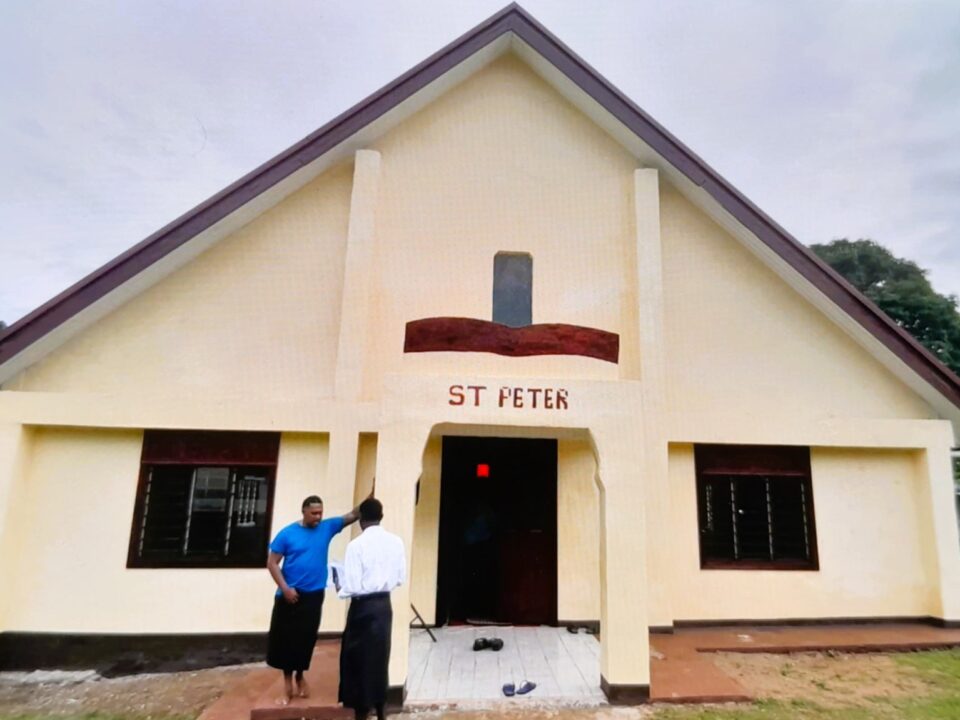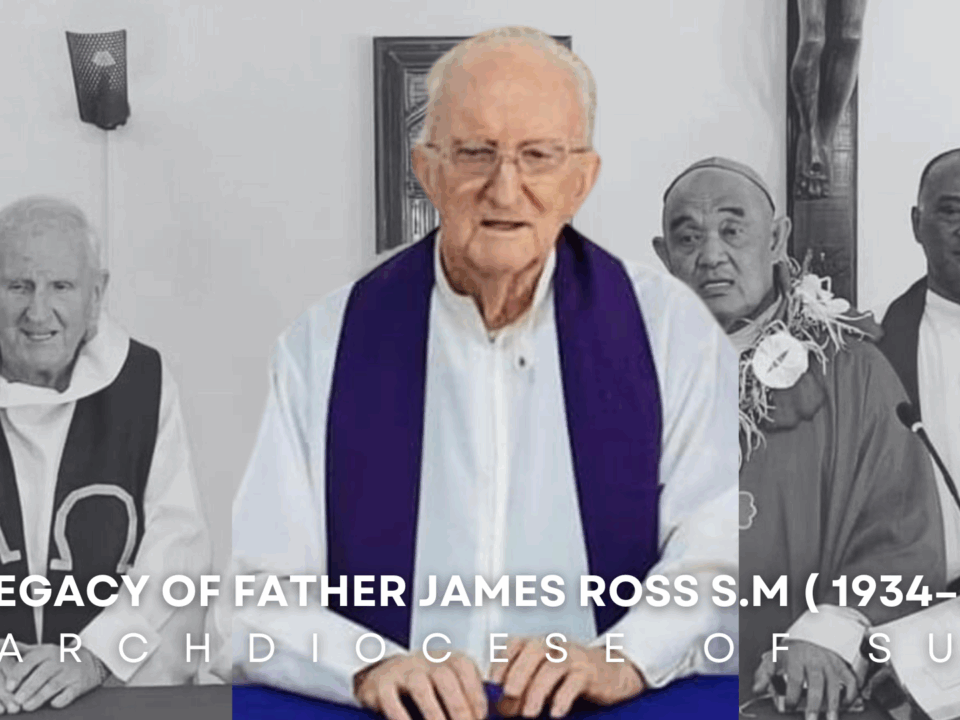Non-Violence: Pathway to Peace and Development
By Archbishop Peter Chong
The introduction of Bill 17 has caused a lot of fear, confusion, and anger. The interrogations of politicians and others who exercise their freedom of speech has brought more fear amongst peoples. The late Savenace Siwatibau, in one his graduation speech at the USP spoke about the important role of the public voice. The public voice provides a check and balance for government. In this climate of fear and violence, I wish to remind us on the great teachings of Jesus and non-violence. The Church and non-violence movements teach that violence is evil. We should learn from the world’s great leaders: Jesus Christ, Mahatma Ghandi, Dr. Martin Luther King,
Jesus and nonviolence
In his own times, rife with structural violence, Jesus proclaimed a new, nonviolent order rooted in the unconditional love of God. Jesus called his disciples to love their enemies (Matthew 5: 44), which includes respecting the image of God in all persons; to offer no violent resistance to one who does evil (Matthew 5: 39); to become peacemakers; to forgive and repent; and to be abundantly merciful (Matthew 5-7). Jesus embodied nonviolence by actively resisting systemic dehumanisation, as when he defied the Sabbath laws to heal the man with the withered hand (Mark 3: 1-6); when he confronted the powerful at the Temple and purified it (John 2: 13-22); when he peacefully but determinedly challenged the men accusing a woman of adultery (John 8: 1-11); when on the night before he died he asked Peter to put down his sword (Matthew 26: 52). Neither passive nor weak, Jesus’ nonviolence was the power of love in action. In vision and deed, he is the revelation and embodiment of the Nonviolent God, a truth especially illuminated in the Cross and Resurrection. He calls us to develop the virtue of nonviolent peacemaking. Clearly, the Word of God, the witness of Jesus, should never be used to justify violence, injustice or war. We confess that the people of God have betrayed this central message of the Gospel many times, participating in wars, persecution, oppression, exploitation, and discrimination.
Two reasons why Non-violent campaigns are more successful.
Studies by Maria J. Stephan and Erica Chenoweth, ‘Why Civil Resistance Works: The Strategic Logic of Nonviolent Conflict’ show that non-violent resistance is more successful than violent methods. Non-violent methods have a 56% success rate while violent methods have 26%.
First, a campaign’s commitment to nonviolent methods enhances its domestic and international legitimacy and encourages more broad-based participation in the resistance, which translates into increased pressure being brought to bear on the target. Recognition of the group’s grievances can translate into greater internal and external support for that group and alienation of the target regime, undermining the regime’s main sources of political, economic, and even military power.
Second, whereas governments easily justify violent counterattacks against armed insurgents, regime violence against nonviolent movements is more likely to backfire against the regime. Potentially sympathetic publics perceive violent militants as having maximalist or extremist goals beyond accommodation, but they perceive nonviolent resistance groups as less extreme, thereby enhancing their appeal and facilitating the extraction of concessions through bargaining. Our findings challenge the conventional wisdom that violent resistance against conventionally superior adversaries is the most effective way for resistance groups to achieve policy goals. Instead, we assert that nonviolent resistance is a forceful alternative to political violence that can pose effective challenges to democratic and nondemocratic opponents, and at times can do so more effectively than violent resistance.
Advantage of Non-violence
Non-violence campaigns gets more external and internal support
nonviolent resistance campaigns appear to be more open to negotiation and
bargaining because they do not threaten the lives or well-being of members of the target regime.
nonviolent campaigns may be more appealing to the mass public and more persuasive to regime supporters.
nonviolent resistance methods are likely to be more successful than violent methods in achieving strategic objectives.
nonviolent campaigns are more likely to produce loyalty shifts
widespread, cross-cutting, and decentralised mobilisation plays an important role in the success of a campaign. Broad-based campaigns are more likely to call into question the legitimacy of the opponent.
The degree of unity in the nonviolent opposition is another important internal factor
the diversification of nonviolent tactics could be measured to determine whether expanding the repertoire of non- violent tactics
We argue that nonviolent campaigns are more likely to gain additional long-term benefits from regime repression than are violent campaigns.
Let us invest on peace building rather than violence.




